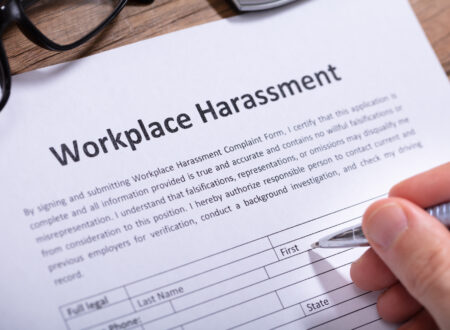Every veterinary practice is vulnerable to natural disasters such as fires, floods, and tornadoes. However, advance preparation can minimize your exposure in several ways. For example:
Physical Assets
Buildings, equipment, furniture, inventories, and supplies should all be protected by adequate property and casualty insurance. Be sure to review each policy for “named perils,” which are the disasters covered (such as floods or earthquakes). If your location is prone to one of the “perils” not listed, consider expanding your coverage or buying an additional policy to include it.
Income
Business interruption insurance will reimburse you for lost profits, which will be computed from your financial records. Your policy should allow a realistic time period for recovery, even if it costs a little more.
Records
Missing records can cause a host of problems, including making it hard to quantify your disaster losses. Duplicates of financial statements, patient lists, asset inventories, and other important data should be maintained in a secure off-site location and updated regularly. Important on-site documents should be stored in a fire-proof safe or vault.
Computers
Critical computer data should be duplicated regularly on portable hard drives or other storage media. Updated copies should be stored off-site. If data is lost there should be a provision in place to restore it, such as contacting a firm that handles western digital data recovery for instance.
Recovery
Consider buying “extra expense” insurance to cover relocation costs for a quick post-disaster recovery. Also, you should identify alternative sources of operating assets (such as furniture and equipment lessors), and investigate other possible practice locations. Look into government disaster relief programs available to businesses in general and veterinarians in particular.
Author(s)

Stuart J. Oberman, Esq.
Stuart J. Oberman is the founder and President of Oberman Law Firm. Mr. Oberman graduated from Urbana University and received his law degree from John Marshall Law School. Mr. Oberman has been practicing law for over 30 years, and before going into private practice, Mr. Oberman was in-house counsel for a Fortune 500 Company.
Read More =>




